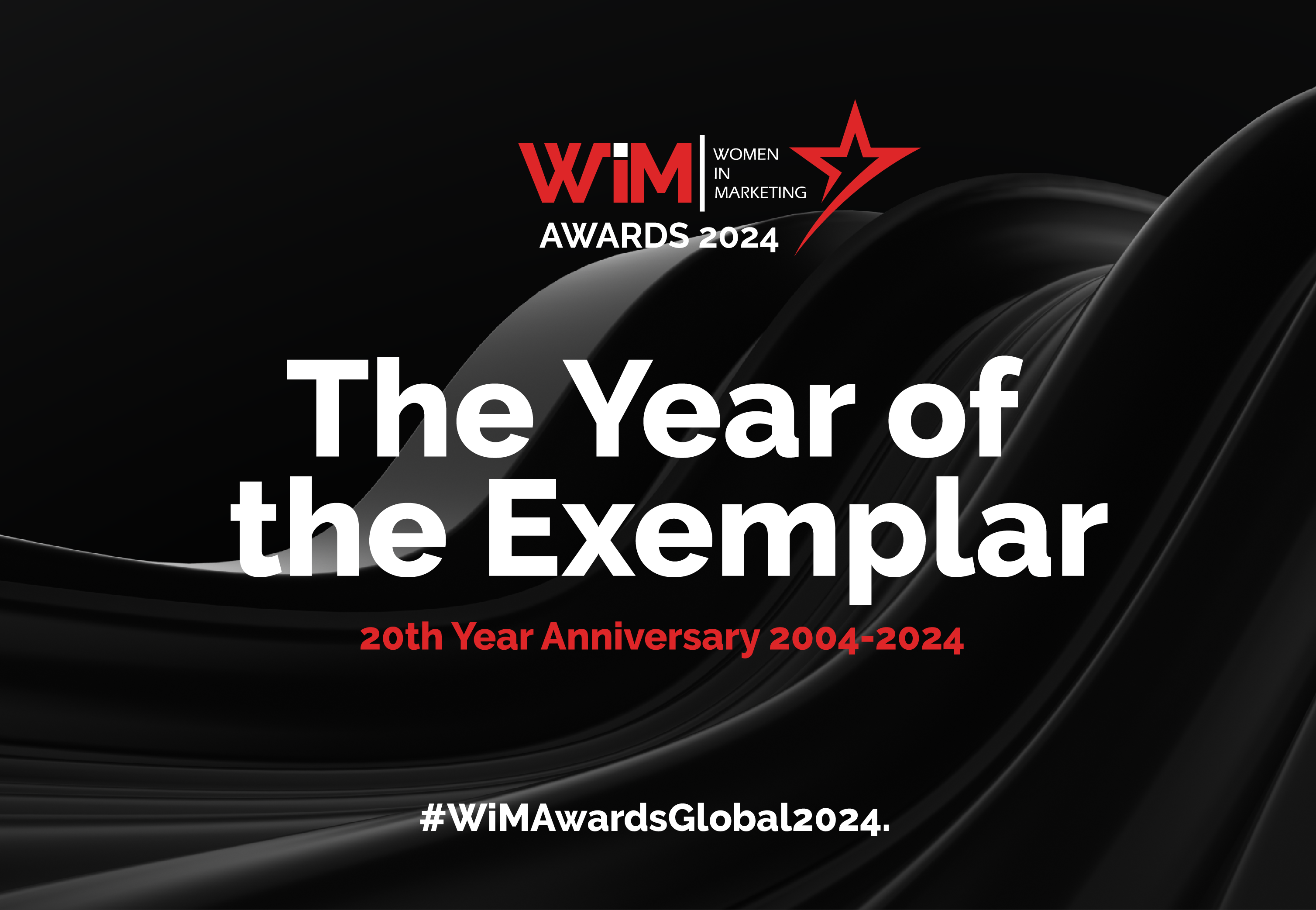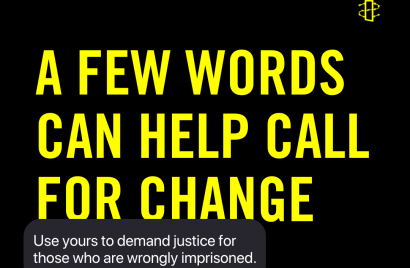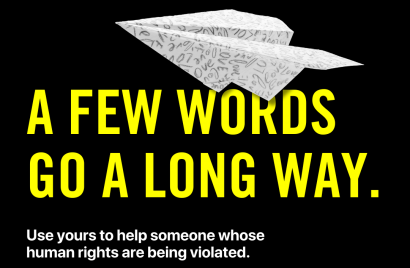
Using AI in design to disrupt conventions
How can we use AI to ensure that the design work we produce stands out, rather than blend into a sea of conventionality?

BITE’s weekly series rounds up the must-read articles of the week.

There is no question that 2024 has been a tough year for inclusivity. From the most polarising election cycle in modern history to the weaponising of cancel culture, for those in the business of driving equity forward, the market has felt hostile.
In this environment, Creativebrief’s latest Diversity Drives Creativity Report for 2024, which highlights the great work that comes from inclusive advertising, is essential reading.
The current climate calls for greater support of underrepresented voices. Boots saw racist backlash against its Christmas campaign, which features a Black woman in the lead role of Mrs Claus. While the sharp edges of the response to Jaguar’s rebrand underline the need for greater humanity in media, marketing and beyond.
At the same time, a daunting political climate, the ever-increasing need for aid in communities affected by conflict, and threatened human rights across the globe all call for advertising’s committed support to representing a wider variety of voices.
Time and time again, we have seen that authentic inclusion not only has positive social benefits, but also positive business benefits, with inclusive advertising increasing profit, sales, and brand value.
With that in mind, here are three great examples of why and how advertising should and can platform different voices and narratives:
Editorial Director of Creativebrief, Nicola Kemp, spoke with Jennifer English, Global Brand Director, Johnnie Walker at Diageo. They discussed how the brand has retained creative and commercial success and how consistency with diversity and inclusion has been key to this journey.
English explained that diversity, a key element of creativity, is not just a vital creative tool: “For us diversity drives creativity and it also drives business performance,” she says. To produce the best work, the brand champions inclusion. Whether that be representing different types of consumers, telling stories from around the world, or ensuring that diversity extends to behind the lens and in the writers’ room.
The brand’s ‘Errata at 88’’ campaign brings this ethos to life by telling the story of Alaíde Costa, a key figure in the origins of Bossa Nova. Costa experienced racism at Carnegie Hall in 1962, where she was ignored because she was a black woman. The campaign retells her story to new generations, changing the narrative and writing it as it should have occurred.
Key to embracing diversity, English says, is being consistent with it. There is always more to be done, and consistency doesn’t mean standing still, “We stand at the edge of the category and welcome new people,” she explains. English concludes, “Our spirit of progress is all about our commitment to sustainability and DEI”.

Earlier this month the Women in Marketing Awards (WiM) championed innovation by recognising outstanding players in the industry. Giving voices to women who have been influential and championing men who have been equality advocates, the WiM Awards this year recognised brands including Jaguar Land Rover, Digital Voices and The Independent.
Sharing the importance of the Awards, Dr. Eva Kipnis, Professor at Marketing School of Management University of Bradford, explained: “History shows many women at the forefront of innovation and social progress, although their pioneering contributions and legacies in the advancement of our world are often unsung. In this context, Women in Marketing is a transformational force that consolidates, celebrates and elevates the rich talent, creative spirit, and impact of female marketers worldwide.”

Reviving its ‘Write for Rights’ initiative, human rights organisation Amnesty International recently launched its appeal for the public to ‘Press Send for Solidarity’. The campaign asks individuals to use communication - writing letters, signing petitions, sending texts - to demand justice and show support for people whose human rights are threatened.
This appeal has been launched with the help of agency, Shape History, and is framed by a digital-first narrative to bring the notion of writing for rights into the modern era of communications. The idea is to generate action, putting pressure on governments to free incarcerated activists and demonstrating to political prisoners that they have not been forgotten.
Forefronting those facing oppression, the ‘Write for Rights’ campaign offers hope to victims and allies. It gives the public a tangible means of making a real difference, while also working towards positive change for those affected by human rights violations. Platforming silenced voices, the campaign demonstrates just how advertising can have a real impact when it represents different narratives.


Looks like you need to create a Creativebrief account to perform this action.
Create account Sign inLooks like you need to create a Creativebrief account to perform this action.
Create account Sign in